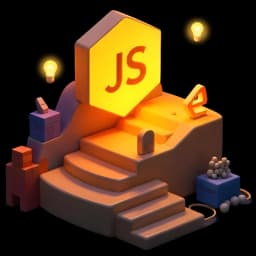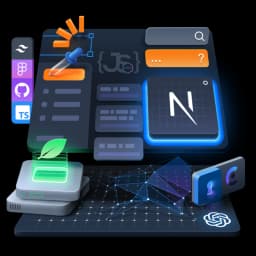Lifetime access to this course
Learning Frontend
The rest of this lesson is waiting.
Join JS Mastery Pro to unlock it.
Complete Path to JavaScript Mastery
$300
Country Discount Applied
Build advanced web app
Certificate of completion included
Great for focused learners who just want this course
14-day money-back guarantee





Quarterly Plan
$114 / mon $149
$342 billed every 3 month
Save $105 with the quarterly plan!
Access to All Courses
You get access to all courses on our platform, like:

Ultimate Next.js Course (worth $599)

Ultimate GSAP Course (worth $599)

Ultimate Testing Course (worth $300)

Ultimate Three.js Course (worth $300)

Ultimate React Native Course (worth $599)

and all upcoming courses

Career advancement through the Dev accelerator course and practice for your interviews through our AI interviewer

A system that makes you committed to your learning goals
Quizzes, challenges, AI summaries, inline sandboxes
Join our private Discord community
Build real production-grade apps
Mock interviews & project reviews
Get Feedback from expert developers
Structured full stack learning path
7-day money-back guarantee
Features
Self-paced courses
Progress tracking
English, Hindi and Spanish subtitles